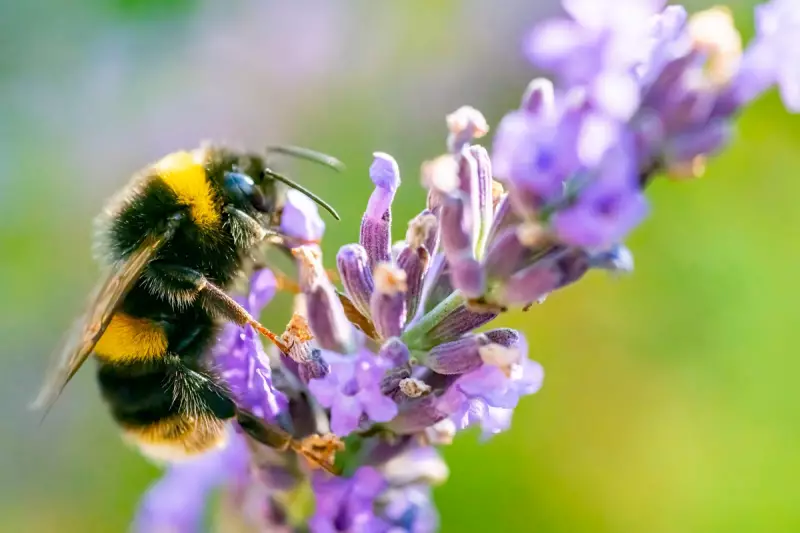
In a discovery that challenges our understanding of insect intelligence, bumblebees have demonstrated a remarkable ability to learn a simple form of Morse code. Research from Queen Mary University of London (QMUL) has shown, for the first time, that these fuzzy insects can make complex decisions based on differentiating between long and short light signals.
The Maze Experiment: Training Bees with Light
Scientists constructed a special maze to test the cognitive abilities of individual bumblebees. The team placed a tempting sugar reward in one of two flashing circles, while the other circle contained a bitter substance that bees find unpleasant. The crucial element was the light pattern: a short-duration flash, or 'dot', was consistently paired with the sugar, while a long-duration flash, or 'dash', signalled the unpleasant option.
To ensure the bees were learning the light signals and not relying on other environmental cues, the researchers changed the position of the flashing circles at each stage of the maze. After training, the bees were tested with the flashing lights but no rewards present. The result was clear: the majority of bees flew directly to the 'dot' flash, proving their choices were driven solely by their ability to distinguish the light durations.
A 'Remarkable' Leap in Animal Cognition
Lead researcher and PhD student Alex Davidson described the bees' performance as "remarkable." He explained the significance of the findings: "We wanted to find out if bumblebees could learn the difference between these different durations, and it was so exciting to see them do it."
This cognitive skill was previously thought to be the domain of humans and other vertebrates like macaques and pigeons. The fact that bees, with brains smaller than one cubic millimetre, can perform the same task is a significant breakthrough. Davidson noted that bees do not naturally encounter such flashing stimuli in their environment, making their success even more impressive.
What This Reveals About the Insect Brain
The research, conducted in London and published on Wednesday 12 November 2025, opens new avenues for understanding neural processing. The team suggests two potential explanations for this ability. The bees might possess a "time processing capacity" that evolved for other purposes, such as navigating space or communication within the hive.
Alternatively, Davidson proposed that this ability to encode time might be a fundamental property of nervous systems, intrinsic to the very nature of neurons. "Only further research will be able to address this issue," he continued. With the basic ability now proven, scientists can begin testing different models within the insect's tiny brain to unravel the mystery of how they process time.





